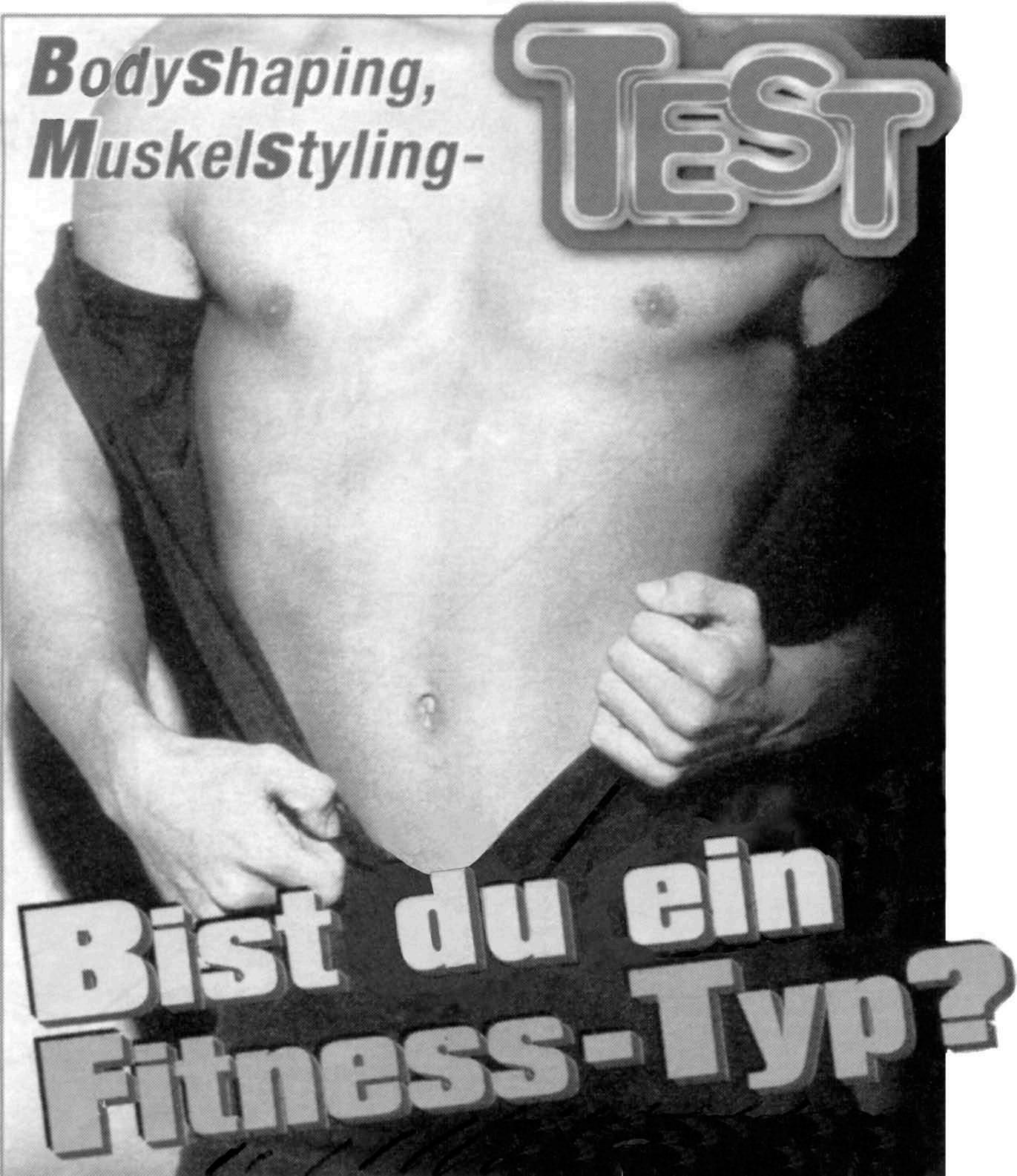102
Verbs: uses
In German, the perfect tense is often used in contexts like these rather than the future perfect: Bis morgen habe ich den Brief geschrieben. Sie ist (wohl) krank gewesen.
By tomorrow I will have written the letter. I expect she was ill.
7.3 Past and perfect There are important differences between English and German in the use of the PERFECT TENSE.
In English the perfect tense is clearly distinct from the past tense. It links a past action to the present time in some way. Compare: I’ve broken my leg (see the plaster).
I broke my leg skiing (it’s healed up now).
The German perfect tense is not as clearly distinct in meaning and use from the past tense, and their uses overlap.
As in English, the German perfect tense often refers to a present state resulting from a past action: Ich habe ihr schon geschrieben. Ich habe mir das Bein gebrochen.
I’ve already written to her. I’ve broken my leg.
Contrary to English, the German perfect tense is often used to refer to an action or event wholly in the past. In such contexts English always uses a past tense: Ich habe sie vorige Woche in der Stadt gesehen. I saw her in town last week. Letztes Jahr haben wir noch in Köln gewohnt. Last year we were still living in Cologne. In general, the past tense is used to narrate past actions or events in written German. In spoken German, the perfect tense is commonly used in such contexts: written German
1960 gingen die Beatles nach Hamburg, wo sie in Nachtclubs spielten. Im „Top Ten“ schlugen sie wie eine Bombe ein.
spoken German
1960 sind die Beatles nach Hamburg gegangen, wo sie in Nachtclubs gespielt haben. Im „Top Ten“ haben sie wie eine Bombe eingeschlagen.
English
In 1960, the Beatles went to Hamburg, where they played in nightclubs. They went down like a bomb/were a smash hit in the ‘Top Ten’.
Although the perfect tense predominates in speech in such contexts, the past tense is not unusual. The past tense is used especially in northern German and with common verbs like sein, haben, gehen, kommen and the modal auxiliaries dürfen, können, mögen, müssen, sollen and wollen.










